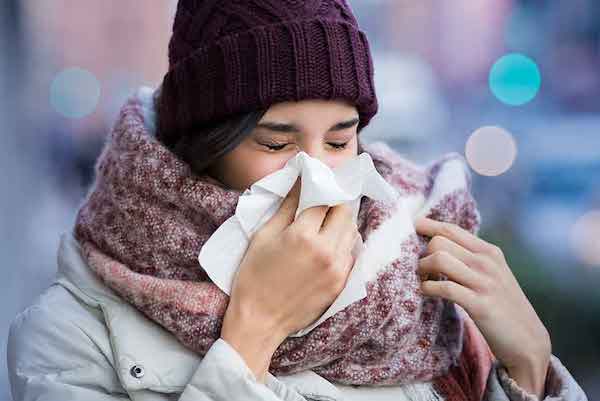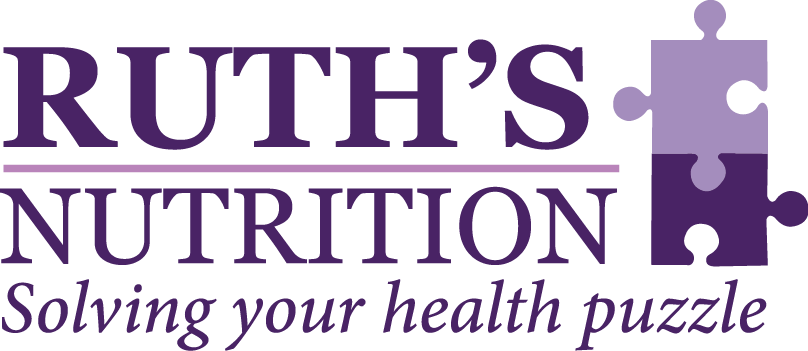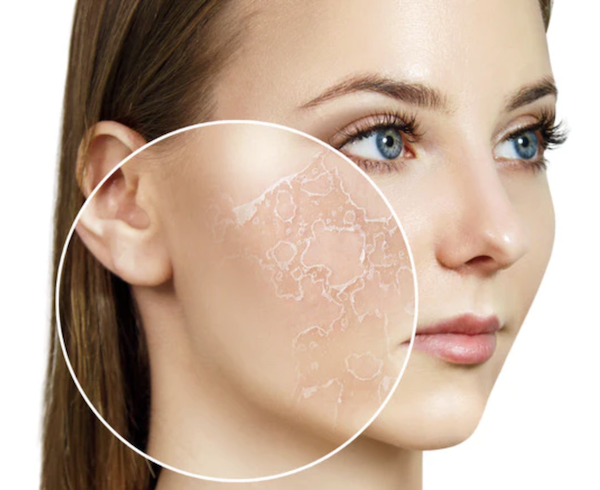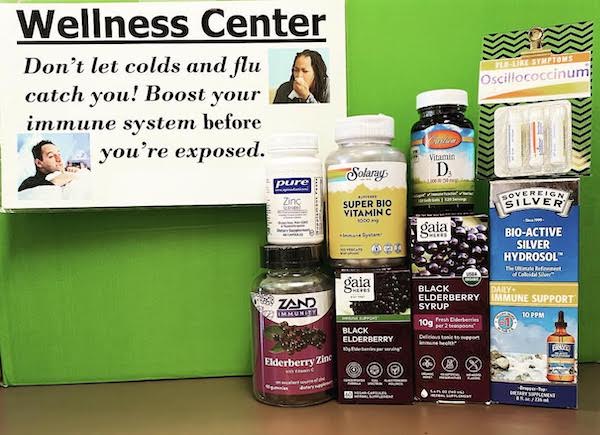A little sinus TLC can go a long way to making winter more enjoyable
 Besides ushering in the holidays, winter also invites sniffles and sneezes, and sinus irritation and sometimes painful infections. It can make life miserable, often for weeks. No one wants that, especially not during a season that’s supposed to be filled with joy. But if you give your sinuses a little extra attention now, you can improve your chances of sailing through the cold months with little respiratory distress.
Besides ushering in the holidays, winter also invites sniffles and sneezes, and sinus irritation and sometimes painful infections. It can make life miserable, often for weeks. No one wants that, especially not during a season that’s supposed to be filled with joy. But if you give your sinuses a little extra attention now, you can improve your chances of sailing through the cold months with little respiratory distress.
Prevention
Changing a few lifestyle habits can go a long way toward keeping healthy sinuses.
Run a humidifier or vaporizer
The mucus membranes in your nose and sinuses need to be moist to properly filter out germs. Ideal indoor humidity is between 30 and 50%.
Use a sinus or nasal wash
Using a Neti-Pot or similar nasal lavage device with a saline solution helps keeps mucus membranes moist and flushed. They can be used daily or weekly.
Drink plenty of fluids
By now you get the idea, mucus membranes need to be moist. Drinking plenty of water helps that, and it helps keep mucus thin, minimizing congestion.
The next step
If you are prone to sinus congestion and infection, you may need to step up your game.
Elevate the head of the bed
If you don’t like sleeping on a stack of pillows, use blocks under the head of your bed. That slight elevation can help drain congestion at night.
Investigate possible allergens & food sensitivities
If you’re allergic to dust and your house is dusty, your sinuses will suffer. Doing all you can to clear allergens from your home will help. At the same time, food sensitivities also can increase nasal congestion. Dairy products are a common culprit, but any food may cause a reaction. If you suspect this, try keeping a loose food diary, noting when your congestion is worse and what foods you ate before that.
Use a gentle antimicrobial nasal spray
Regular use with a nasal spray that contains grapefruit seed extract and xylitol, both antimicrobial agents, can keep nasal passages clear and ward off infections.
Helpful supplements
Quercetin
Quercetin is a flavonoid found in onions, apples, and green tea. It inhibits histamine release, working a step ahead of antihistamines. Taking 400-500 mg three times daily can effectively treat sinusitis.
Bromelain
Bromelain is an enzyme that breaks down proteins, making it useful to reduce mucus secretions. It’s also a powerful anti-inflammatory that can reduce swelling and sinus pressure. Taking bromelain along with quercetin makes a potent combination, and they often are found together in supplement formulas.
NAC
N-acetylcysteine is an amino acid with multiple benefits. It thins mucus and encourages the production of glutathione, the body’s most powerful antioxidant. It seems to be especially beneficial to the lungs; studies show it is helpful in treating pneumonia, COPD, and pulmonary fibrosis.
Oregano oil
Oregano oil contains carvacrol and thymol, two powerful antibacterial and antifungal agents. You can take it as an oral supplement or add a drop to a Neti-pot or a few drops to a steam treatment.
Garlic
Garlic is another powerful antimicrobial that can aid in preventing/fighting sinus infections. Since it outgasses through the lungs, it can be especially helpful for pneumonia as well. The World Health Association recommends daily intake of 300-1,000 mg of garlic extract or other formulation that equals 2-5 mg of allicin.
Vitamins
Making sure you have adequate amounts of key vitamins in your routine can go a long way to preventing respiratory infections. Vitamin C enhances tissue integrity and immune health. Vitamin A is needed to maintain healthy mucus membranes. Vitamin E is a powerful antioxidant. Adequate amounts of Vitamin D are linked with fewer respiratory infections.
REFERENCES



